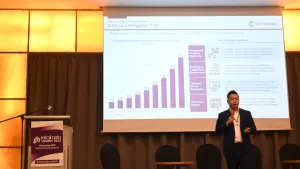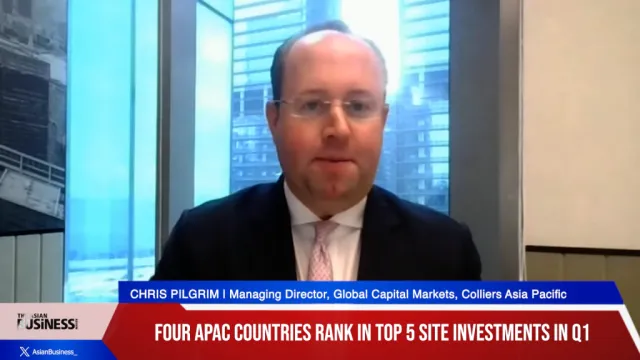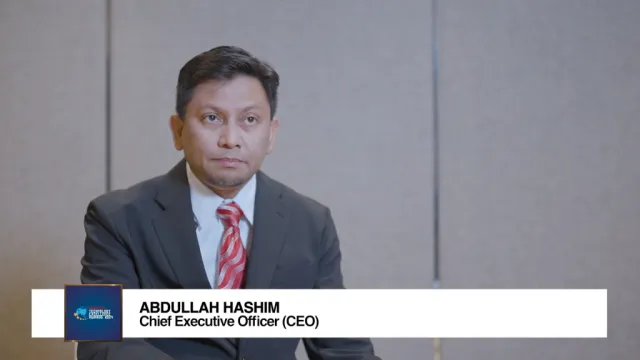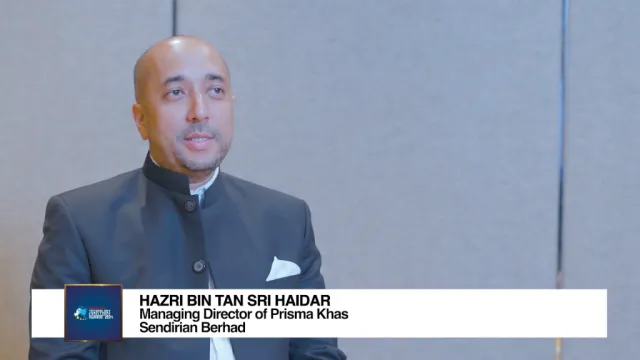
Fintech investors nowadays prioritise profitability over valuation
An expert said fintechs must have more than one revenue stream to attract investors amidst economic slump.
Investors have pivoted from future business valuation to a Profit and Loss (PNL) model when evaluating which fintechs to support in the face of higher cost of capital and volatility in the market.
Anton Ruddenklau, partner and global head of fintech at KPMG International, said many investors are focusing on metrics such as revenue, customer acquisition number, and profitability in a bid to re-correct their investments.
The shift in inventors’ focus is also amongst the reasons why funding for fintechs in Singapore and globally declined in 2023. In 1H23, Singapore recorded a 41% HoH decline in funds raised, with deal value dropping to US$934m across 84 deals from US$1.6b across 117 deals in 2H22.
To continue receiving funding from investors, Ruddenklau said fintech founders must be able to show prudence and that they have got “structural profitability.”
“Having a structurally profitable business means your unit economics, your cost of product, your cost of customer acquisition can produce direct profit right now,” Ruddenklau said.
The KPMG expert said CEOs who can reduce their burn rate and extend their cash from an eight-month fundraising to a year will get ahead of the funding race.
Colin Kleine, the chief strategy officer and co-founder of Scalerr, said fintech firms can minimise their cash burn by deploying their capital intelligently.
Kleine said a lot of companies have made “redundancies” during the global economic downturn.
“Technology companies that were business-to-consumer made a lot of redundancies because they needed to spend heavily on advertising. If your route to market is solely through advertising, you’re going to be in deep trouble. Whereas if you’re out to market go-to market partnerships and partnership announcements and strategic partners bring you leads, you’re 100% in control of those costs,” he said.
More revenue streams
In Singapore where there are a lot of very savvy investors, Kleine said it is important for fintech firms to demonstrate that they generate revenue from more than one source.
“If you are a fintech and you’re supposed to rely on software as a service, you will find that [it’s] more difficult to raise [funds]. Instead, you need to demonstrate that you can do software as a service, plus additional services on top of that, the more streams of revenue that you have, and the more markets that you can get traction in, it makes you resilient across an economic downturn,” Kleine said.
“It’s like buying a stock portfolio when one sector is down the other sectors are going up and that’s why it’s really imperative that if you are an early stage tech startup, show that you can generate money from multiple revenue streams,” he added.
Fintechs who can show investors that they can generate demand across multiple routes to market will also have an edge.
Kleine, who is also an investor, said being able to generate money or revenue in a number of different markets in Southeast Asia makes a business “recession-proof.” He said such can be done by leveraging strategic partnerships.
“If a company can demonstrate how they can leverage strategic partnerships to open up Indonesia, or open up America will be able to amplify and broaden its audience. These are the sort of things where instead of having a one-to-one sales approach, they can leverage a strategic partner to help to open up multiple markets for them,” Kleine added.
Having a statutory board member can also make funding easier for fintechs. Kleine said the statutory board member must be someone “who has been there and done that.”
“If you have someone who is sharing this risk with you, who has already been a part of multiple successful startups, and been able to demonstrate growth success scale, if they’re sitting on your statutory board, investors will look at that. That will give them confidence that you’ve got the right people that are advising you,” Kleine added.
AI, ESG, payments rise as top solutions
In terms of verticals, the most likely to attract investors are fintechs utilising artificial intelligence, according to both Kleine and Ruddenklau.
“Anything that has artificial intelligence, machine learning, unsupervised AI, has been high on the agenda for investors because quite a lot of those technologies are either disruptive, or at least transformative for sectors. AI can be applied in lending, payments, regulatory technology,” KPMG’s Ruddenklau said.
AI alongside automation will continue to be huge amongst investors next year, said Kleine. “Companies that use artificial intelligence or automation technologies to automate tedious banking, financial services and insurance processes” will attract investors, the Scalerr co-founder added.
Another vertical that will take centre stage in the fintech space next year is ESG, particularly climate change and inclusion products which have been growing at a fast pace.
“Climate change, decarbonisation, transition finance, mechanisms that can help blended finance as well is a big topic,” Ruddenklau said.
Payments will also continue to be invested in, from retail payments, wholesale payments, cross border payments, decentralised finance, tokens, and central bank digital currencies (CBDCs), said Ruddenklau.
Kleine, for his part, expects a lot of innovations on debt financing and SME lending next year.
“Let’s just say if there’s a downturn that a lot of businesses will be experiencing, their clients are slow to pay invoices, because they're having their own challenges and issues. Things like bridging loans, things like invoice financing, pretty much solutions that help to bridge that particular gap, I’m expecting to see very strong growth for those kinds of solutions,” Kleine added.


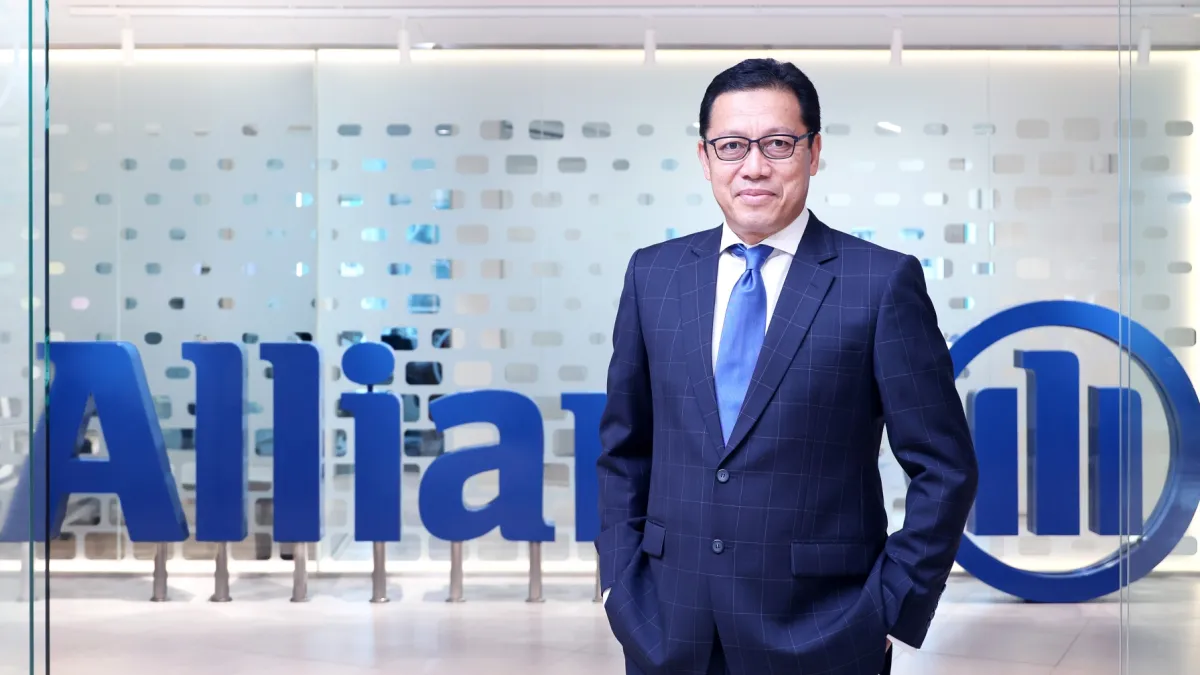








 Advertise
Advertise



